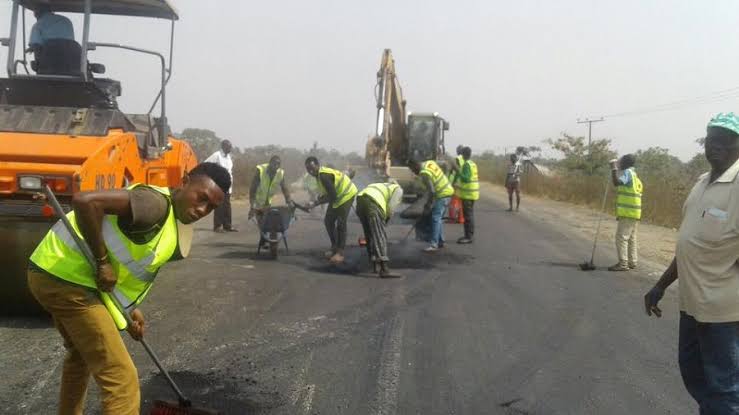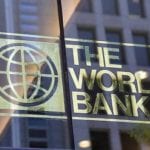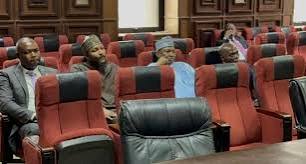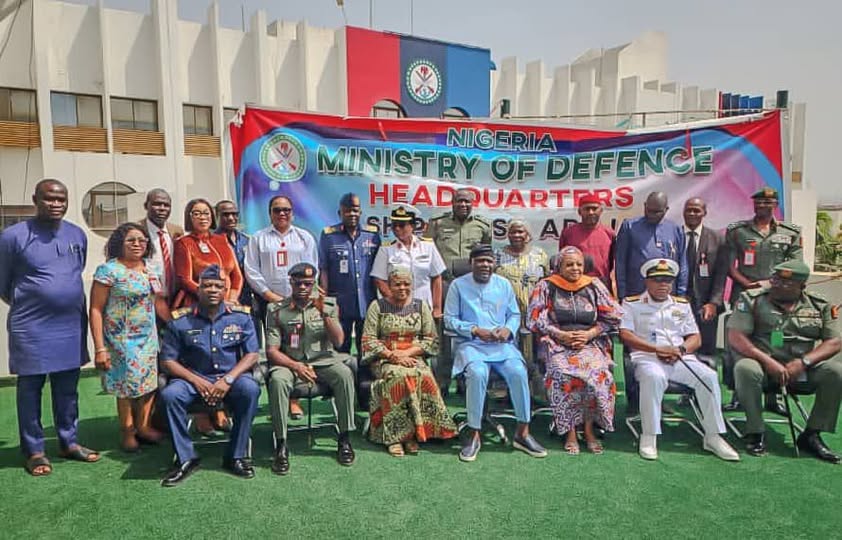The Federal Government has requested a loan of $500 million from the World Bank to improve rural roads and enhance agricultural marketing nationwide.
According to the World Bank, the loan aims to address the urgent problem of poor road infrastructure in rural Nigeria, where 92 million people currently lack access to dependable transportation networks, significantly restricting their connectivity and mobility.
The Federal Ministry of Agriculture and Rural Development’s Nigeria Rural Access and Agricultural Marketing Project Scale-UP (RAAMP-SU) included a request for funding in the final version of the Resettlement Policy Framework, which outlined plans for improving rural infrastructure and enhancing agricultural marketing initiatives.
The RAAMP-SU project seeks to enhance rural connectivity, climate resilience, and agricultural productivity, thereby unlocking marketing opportunities and improving the overall well-being of rural communities, ultimately leading to enhanced livelihoods and a better quality of life for rural residents.
The project aims to enhance connectivity and climate resilience in rural communities, strengthen institutional capacity for effective management of rural road networks, and establish a solid financial and institutional foundation for sustainable management of both rural and state road networks.
This will ensure improved rural accessibility, resilient infrastructure, and the long-term sustainability of road networks.
The World Bank and the French Development Agency jointly supported the previous Rural Access and Agricultural Marketing Project, which is the scaled-up version of the RAAMP-SU project.
The project is now being implemented under the leadership of the Federal Department of Rural Development, which falls under the Federal Ministry of Agriculture and Rural Development, and is managed by the Federal Project Management Unit, which provides oversight and guidance.
The policy document noted: “Nigeria’s road network is relatively extensive, encompassing approximately 194,000 kilometres of roads. This includes 34,000 kilometres of federal roads, 30,000 kilometres of state roads, and 130,000 kilometres of registered rural roads. The road density equates to about 0.21 kilometres of roads per square kilometre.
“Despite this relatively high road density, the rural accessibility index for Nigeria (defined as the proportion of the rural population residing within 2 kilometres of an all-weather road) stands at a mere 25.5 percent, resulting in approximately 92 million rural inhabitants lacking connectivity.
“Rural access is particularly restricted in areas densely populated by the economically disadvantaged. These factors underscore the imperative to expand and enhance the rural road network, as well as conserve rural road and transport assets.”
The RAAMP-SU project has a total estimated cost of $600 million, with the World Bank slated to provide $500 million, representing 83.33% of the total funding required. This commitment exceeds the initial funding of $280 million for the original project by 79%, demonstrating a significant increase in support from the World Bank.
The RAAMP-SU project will allocate funds to three primary components:
“Improvement of Resilient Rural Access ($387 million). Climate Resilient Asset Management ($158 million) and Institutional Strengthening and Project Management ($55 million).
To participate in the project, state governments must meet specific requirements, including: “establishing a functional Roads Fund and Roads Agency with appointed boards and staff, ensuring provisions for administrative costs in the state budget. This indicates that states must demonstrate a commitment to managing and maintaining their road networks effectively.
The document added:“While the eligibility for state participation under RAAMP required the drafting and placement of road fund and Roads Agency bills in the State house of assemblies, the new project would require the States to have a fully functional Roads Fund and Roads Agency with appointed boards and staff, and provision for administrative costs made in the state budget. In addition, RARAs offer an opportunity to foster women’s representation in the transport sector.
“The RAAMP-SU’s funds will be allocated on a competitive basis between states factoring in a refined socioeconomic selection matrix to increase rural access to basic services and promote food security; activity readiness in terms of design; and the state’s demonstrated commitment to the projected infrastructure efficient maintenance, including potential co-financing from their resources.”
According to the policy framework, the implementation of resettlement and compensation plans is a mandatory requirement prior to commencing project activities that involve displacement.
The framework emphasizes that compensation and assistance must be provided to affected individuals before displacement occurs, ensuring that all necessary measures for resettlement and compensation are in place before any land acquisition or restriction of access takes place.
This prioritizes the well-being and livelihoods of those impacted by the project.




































Leave a comment